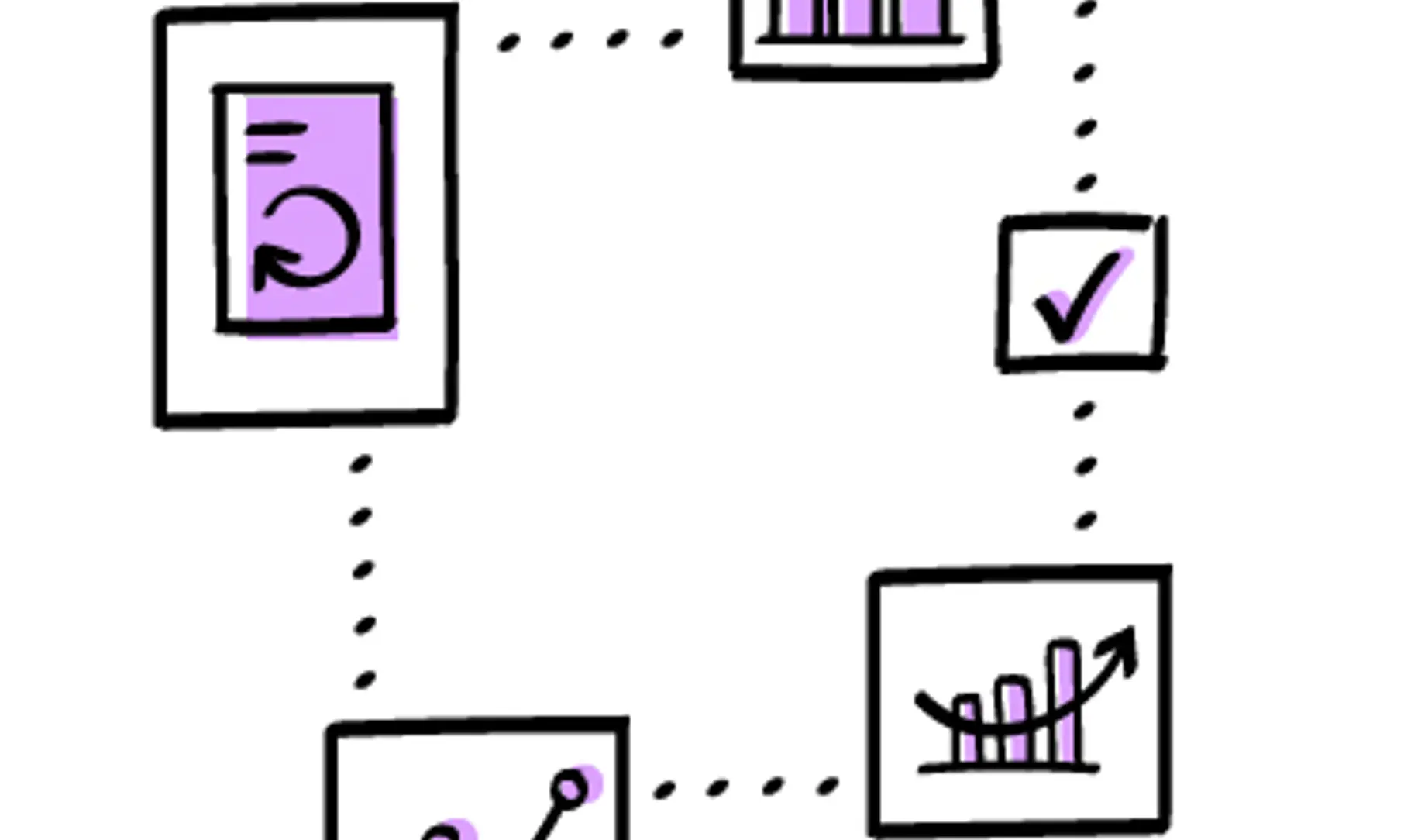Top benefits of traceability

Traceability has changed the rules of the game. As discussed in our previous post, a range of technologies is taking the traceable value chain to the next level. In the current era of conscious consumption, it is a prominent consumer ask. But what do manufacturers get out of implementing a traceable value chain? And in an increasingly complex and fast-paced food and beverage industry, can they afford to overlook the benefits of traceability?
Safety first
Food safety is undoubtedly the most important factor in food and beverage production. Traceability, both across the supply chain and inside the production facility, can help manufacturers ensure food safety by identifying and addressing potential risks. By tracking product movement and applying stringent food safety controls, they can pinpoint weak links and swiftly take corrective actions.
Recall to the rescue
Despite strict quality standards, things can go wrong at times. But in a traceable value chain,
manufacturers can quickly identify and recall food and beverage products that have been contaminated or affected by a food safety hazard. This is crucial to containing risks and safeguarding public health. Faster response times in such scenarios demonstrate a commitment to health and safety as well as help limit negative impact on bottom lines and brand value.

Always authentic
Food fraud is a big risk in the food and beverage industry. Traceability can play a role here too. Tracking the distribution and sale of finished products helps prevent counterfeit products from entering the market as retailers are a part of the connected, traceable value chain too.
The power of data
A robust traceable system offers visibility into every touchpoint in the journey of a product, helping manufacturers understand and improve processes across the board.
From supplier issues and inventory management to optimized processes and reduced waste – data-based decision-making can elevate every aspect of food and beverage production.

Cornerstone of compliance
In this global market where products are often manufactured in one country and sold in another, complying to regional and global regulations is critical. Traceability, in varied degrees, is required across the world today with the US and EU having their own set of regulations.
Sustainability to the fore
Often referred to as source to shelf, traceability makes sustainable claims credible with precise data of environmental impacts, such as carbon emissions, water usage, and waste generation, across the value chain. Transparent data capture and reporting build accountability and help manufacturers take concrete steps in their sustainability journey.
Bridging the gap between the physical flow of products with the flow of information, traceability ensures comprehensive documentation at every touchpoint, using varied digital tools. Today, a traceable value chain has evolved to become a key enabler in manufacturing and cannot be overlooked. In the next part of the series, we will look into some cases where traceability made a tangible difference in real-life business scenarios. Subscribe to our exclusive bi-weekly newsletter and get the post straight in your inbox.

The importance of psychological safety in fostering an open and inclusive work environment

Expert take: what makes baby food unique

